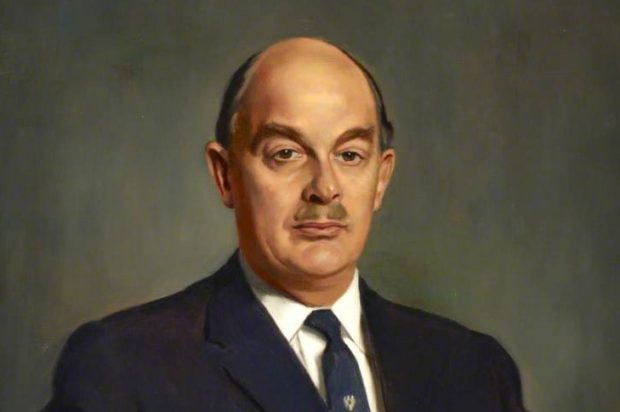Our profession
The Chief Social Workers for Adults annual report 2021 is an opportunity to look back over the last year and reflect on the progress made on the priorities set out in last year’s plan and to celebrate collective achievements.
However, 2020 was a year like no other and one which proved enormously challenging to the social work profession. We saw first-hand the devastating effects of COVID-19 on the people and communities we support, including our colleagues, loved ones, friends and families...
Social Work Week 2021 is the first event of its kind in England. It is a chance for everyone with an interest in social work to examine its growing importance in society as a regulated profession. Social Work England's Chief Executive Colum Conway reaffirm's the event's focus and reflects on a positive week so far.
As Chief Social Workers for Adults, part of our national leadership is to role model anti-racist and anti-discriminatory practice. We are therefore looking forward to working together to implement the social care Workforce Race and Equality Standard (WRES) in 18 local authorities from April 2021.
In this blog, Isabelle Trowler, Chief Social Worker for Children and Families, shares her reflections on the challenges in children’s social care and why it so important to make sure this work takes place and drives positive change.
Fran Leddra and Mark Harvey were originally due to end their time as joint Chief Social Workers for Adults (CSWs) in October this year, yet you may have noticed they are still here.That's why they want to share with you an update from Lyn Romeo, the original Chief Social Worker for Adults currently on sabbatical, to explain why and let you know they will be continuing in their roles until March 2021.
Challenging poverty, discrimination and inequality are core elements of the ethical and professional standards underpinning modern social work.
For this reason, all social workers - and especially mental health social workers and approved mental health professionals - should welcome the launch of the Centre for Mental Health Equality report. Our Mental Health Lead, Mark Trewin explains more...
Over the last year 18 months, Mark Trewin, our mental health social work lead, has enjoyed the privilege of chairing of the Health Education England (HEE) new roles mental health programme group for social work. HEE set up the new roles in the mental health (MH) programme to support the delivery and expansion of innovative roles, identified as having the greatest impact in mental health services. A final webinar at 10.30am this morning completes the journey of discovery.
This year marked 50 years since the creation of local authority social services, a milestone we had hoped to celebrate with all social workers and those in training on World Social Work Day. We have written to the profession in these uncertain times to reaffirm our continuing support, guidance and – we hope – inspiration, during this pandemic and way beyond.
For a uniquely personal take on matters of race, discrimination, unconscious bias and the many other issues thrown into sharp relief by recent events in the US, we are proud to present this excellent blog from Nadia Khan.
Nadia is a registered social worker, AMHP and Interim Service Manager for Mental Health with Bradford Council - her words are honest, powerful and inspiring.
50 years ago this week, the Local Authority Social Services Act received royal assent and with it the creation of a new approach to social services. The act was the culmination of over two years work by Fredric Seebohm and his committee and the publication of the pivotal Seebohm Report.
This report set out the recommendations and aspiration for the foundations of a modern, forward thinking, independent and responsive social services system. Joint Chief Social Worker Mark Harvey reflects on the distance travelled since then.
Behind every statistic there is a person. Vanessa Hodge, Principal Social Worker for Adults at Somerset County Council, reflects on social work's role during the coronavirus pandemic as it continues to affect all our lives, not least those working in or being supported by community adult social care services.









